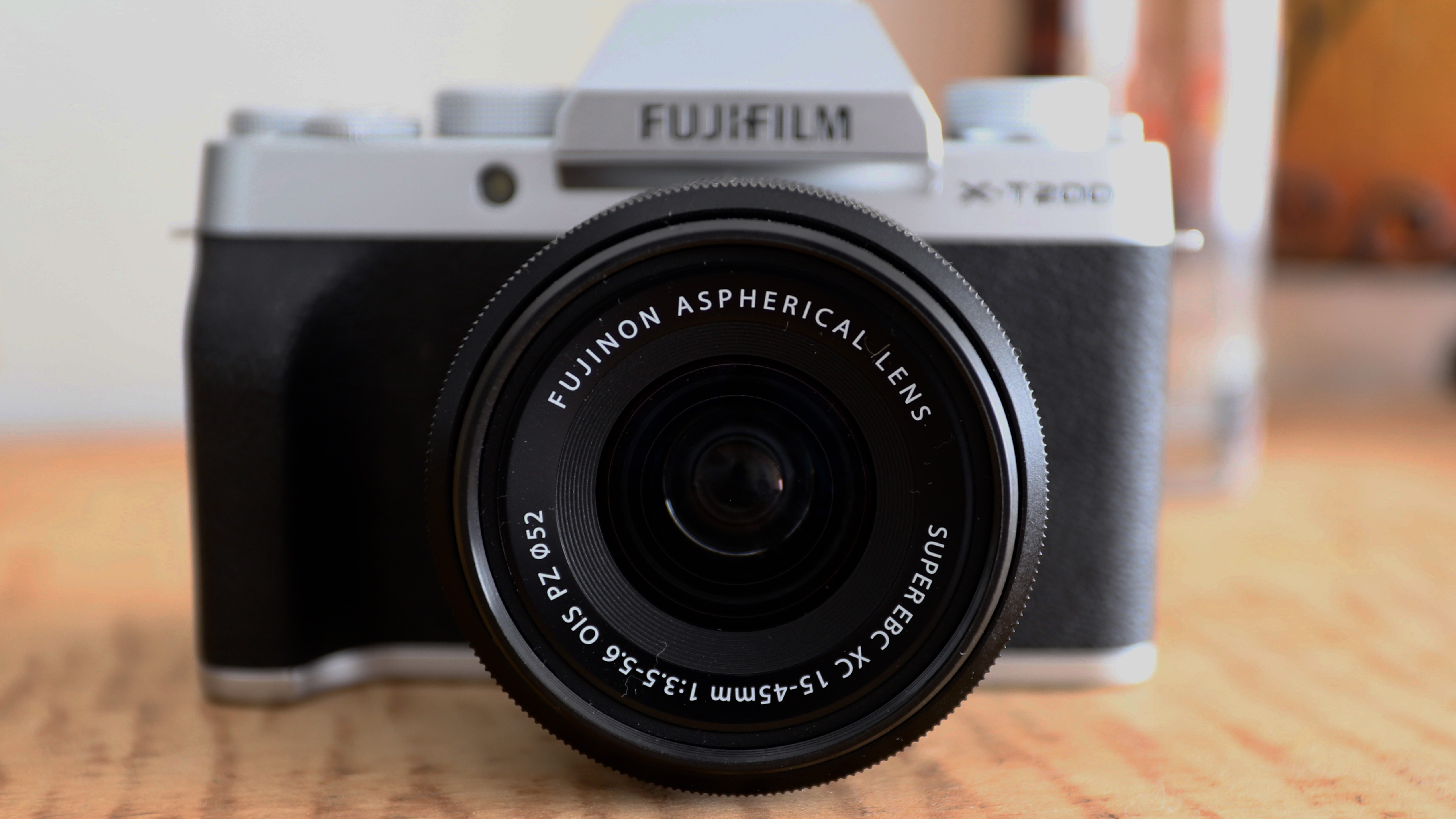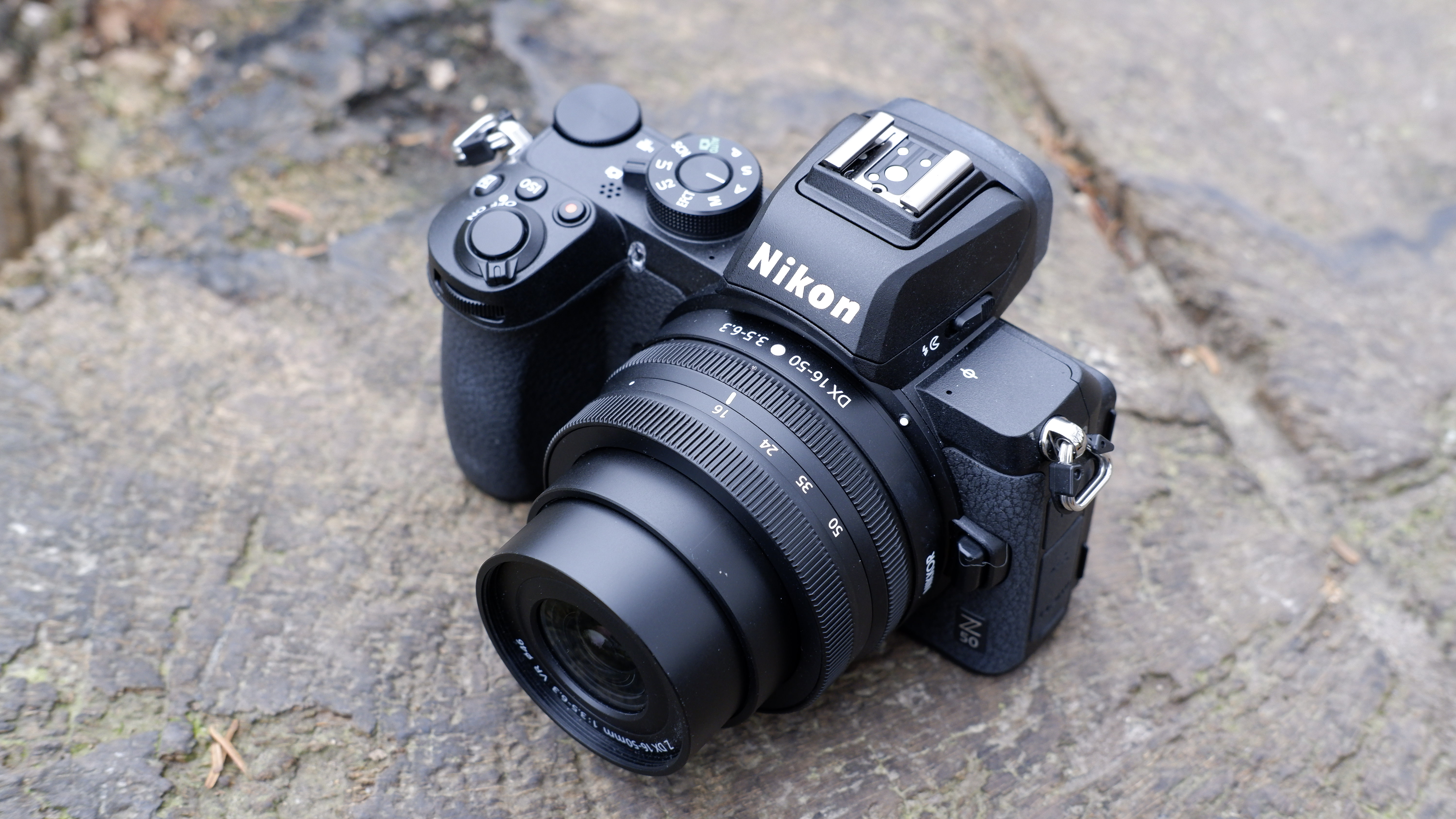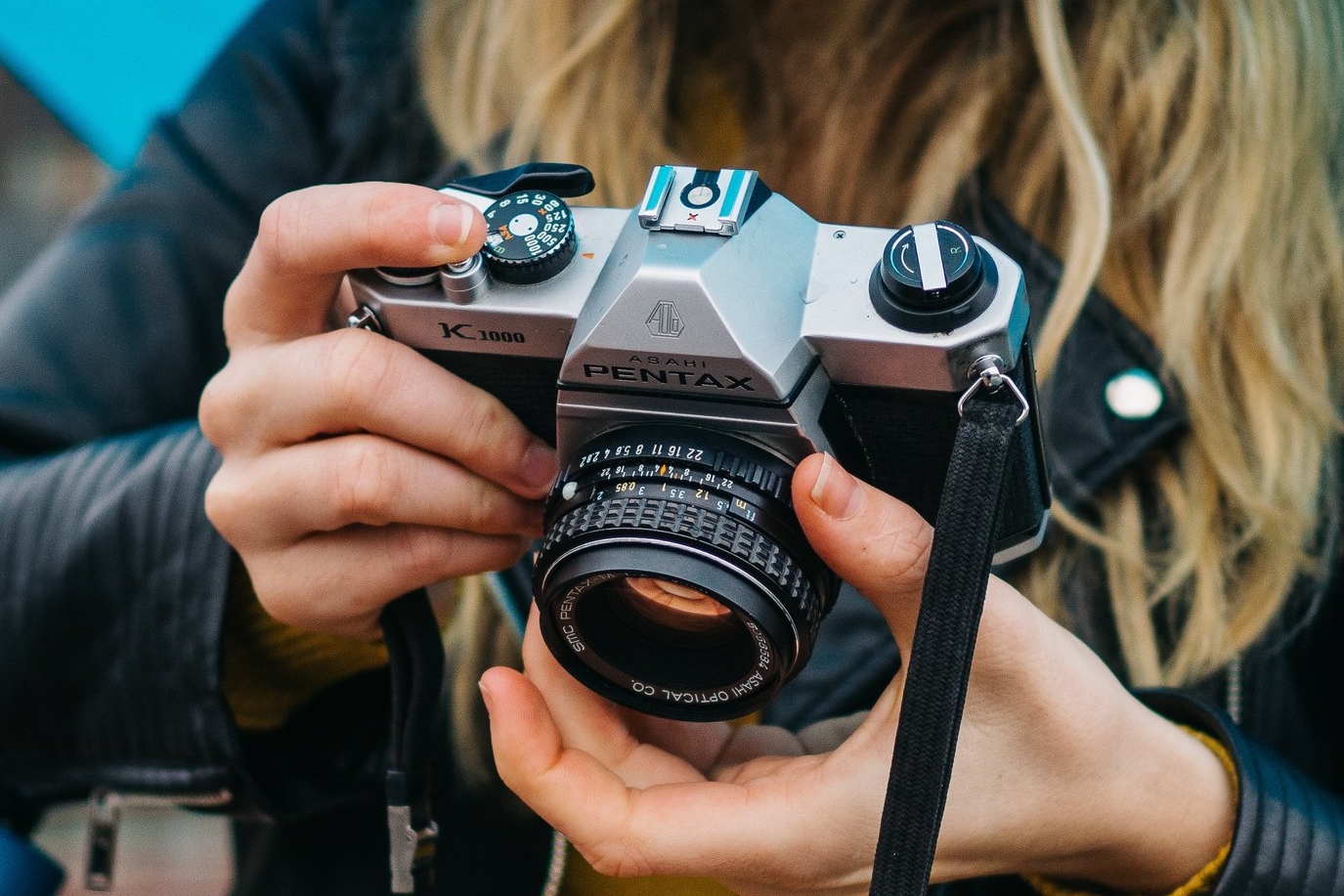
By: Expert Contributor | Updated on: 2025-08-10
Embarking on your photography journey is an exciting adventure, but the sheer number of options available can feel overwhelming. Choosing your first camera is a crucial decision; it directly impacts your learning curve, the quality of your images, and ultimately, your enjoyment of the hobby. This comprehensive guide simplifies the process, cutting through the technical jargon to help you find the perfect beginner camera. We’ll explore various camera types, highlight essential features, and provide specific recommendations to ensure a smooth and rewarding start to your photographic adventure. Forget the intimidation factor; let’s make choosing your first camera simple and fun.

Key Takeaways
- The best beginner camera prioritizes ease of use, decent image quality, and affordability. Don’t break the bank on your first camera; a good value option will serve you well as you learn.
- Mirrorless cameras often represent the ideal balance for beginners, offering a compelling blend of portability, image quality, and intuitive user interfaces. Their smaller size and lighter weight make them more comfortable to carry and use, especially for extended periods.
- Start with the fundamentals. Mastering your camera’s basic settings is far more valuable than immediately diving into advanced techniques. Focus on understanding exposure, aperture, shutter speed, and ISO before tackling more complex concepts like manual focusing or advanced metering modes. Gradual learning ensures a less frustrating and more enjoyable experience.
Table of Contents
- Choosing Your First Camera: Navigating the Options
- Finding the Best Camera for Beginners: Top Recommendations and Considerations
- Frequently Asked Questions (FAQ)
- Conclusion
Choosing Your First Camera: Navigating the Options
The camera market is vast, offering a bewildering array of models catering to different skill levels and photographic styles. For beginners, the primary focus should be on ease of use and acceptable image quality. While professional-grade DSLRs boast impressive capabilities, their complexity can be quite daunting for newcomers. The steep learning curve associated with DSLRs can often lead to frustration, hindering progress and potentially dampening enthusiasm. Mirrorless cameras, on the other hand, frequently offer a superior blend of features, user-friendliness, and image quality, making them a consistently excellent choice for beginners.
Consider these key factors when making your decision:
- Budget: Determine a realistic budget before you start browsing. Prices can range from a few hundred dollars to several thousand, and setting a price limit prevents overwhelming yourself with options far beyond your means.
- Desired Features: Think about the types of photos you want to take. Are you primarily interested in landscapes, portraits, close-up shots (macro), or everyday snapshots? Different camera features cater to different photographic styles. For example, a good macro lens might be less important for someone focusing on landscapes.
- Intended Use Cases: How frequently will you be using your camera? Will you be carrying it with you everywhere, or will it mostly stay at home? Portability is a significant factor, especially for beginners who might be more inclined to use their camera regularly if it’s not bulky and inconvenient to carry.
- Reviews and Comparisons: Researching various models is crucial. Read professional and user reviews, compare specifications, and watch video reviews demonstrating the camera’s functionality and image quality in different scenarios. Websites like DPReview, TechRadar, and CNET offer in-depth camera reviews and comparisons.
“The best camera is the one you use,” wisely advises an anonymous photographer. Don’t get bogged down in comparing minute technical specifications. Prioritize a camera that is comfortable to hold, easy to operate, and encourages you to pick it up and shoot regularly. The best camera in the world won’t improve your skills if it remains unused in its box.
Finding the Best Camera for Beginners: Top Recommendations and Considerations
Several excellent cameras are specifically designed for beginners. Look for models with intuitive interfaces, readily accessible automatic modes, and clear, concise instructions in the manual. Many manufacturers offer starter kits that include essential lenses and accessories, providing significant value and a convenient way to get started. Research models from reputable brands such as Canon, Sony, Nikon, and Fujifilm; all offer user-friendly options with excellent image quality within various price points.
Key features to consider include:
- Image Stabilization: This feature compensates for camera shake, resulting in sharper images, especially beneficial when shooting handheld in low light or using longer lenses.
- Autofocus System: A quick and accurate autofocus system is essential for capturing sharp images, particularly when photographing moving subjects. Look for cameras with various autofocus points and modes to suit different shooting scenarios.
- Shooting Modes: Familiarize yourself with different shooting modes: Automatic (for effortless shooting), Aperture Priority (control depth of field), Shutter Priority (control motion blur), and Manual (complete control over all settings). Starting in automatic mode is perfectly fine; gradually transition to more advanced modes as your confidence and understanding grow.
- Sensor Size: While not always a direct indicator of image quality, larger sensors generally capture more light and offer better performance in low-light conditions. However, larger sensors typically mean larger and heavier cameras. For beginners, a good balance is key; you don’t need the largest sensor available.
💡 Pro Tip: Embrace experimentation! Take countless pictures; don’t be afraid to explore different settings and photographic techniques. The learning process involves trial and error, and the more you shoot, the faster you’ll improve your skills and develop your own unique style. Analyzing your images and identifying areas for improvement will accelerate your progress.

Frequently Asked Questions (FAQ)
What is the most important feature for a beginner camera?
Ease of use is paramount. A beginner-friendly camera should possess a simple, intuitive interface, readily available automatic modes, and a clear, well-written instruction manual that demystifies the technical aspects of photography. A camera that is easy to understand and operate will significantly contribute to a positive learning experience. Coupled with good image quality, even in automatic mode, it will encourage consistent practice and foster a love for photography. Avoid overly complex cameras with a multitude of features you won’t understand or use in the beginning.
Conclusion
Choosing your first camera marks an exciting milestone in your photography journey. By prioritizing ease of use, image quality within your budget, and selecting a camera that encourages regular use, you’ll set yourself up for success. Remember, consistent practice is the key to improvement. The more you use your camera, the more proficient you’ll become. Don’t let technical jargon overwhelm you; start with the basics, gradually explore different settings and shooting modes, and above all, have fun capturing the world around you. Happy shooting!
